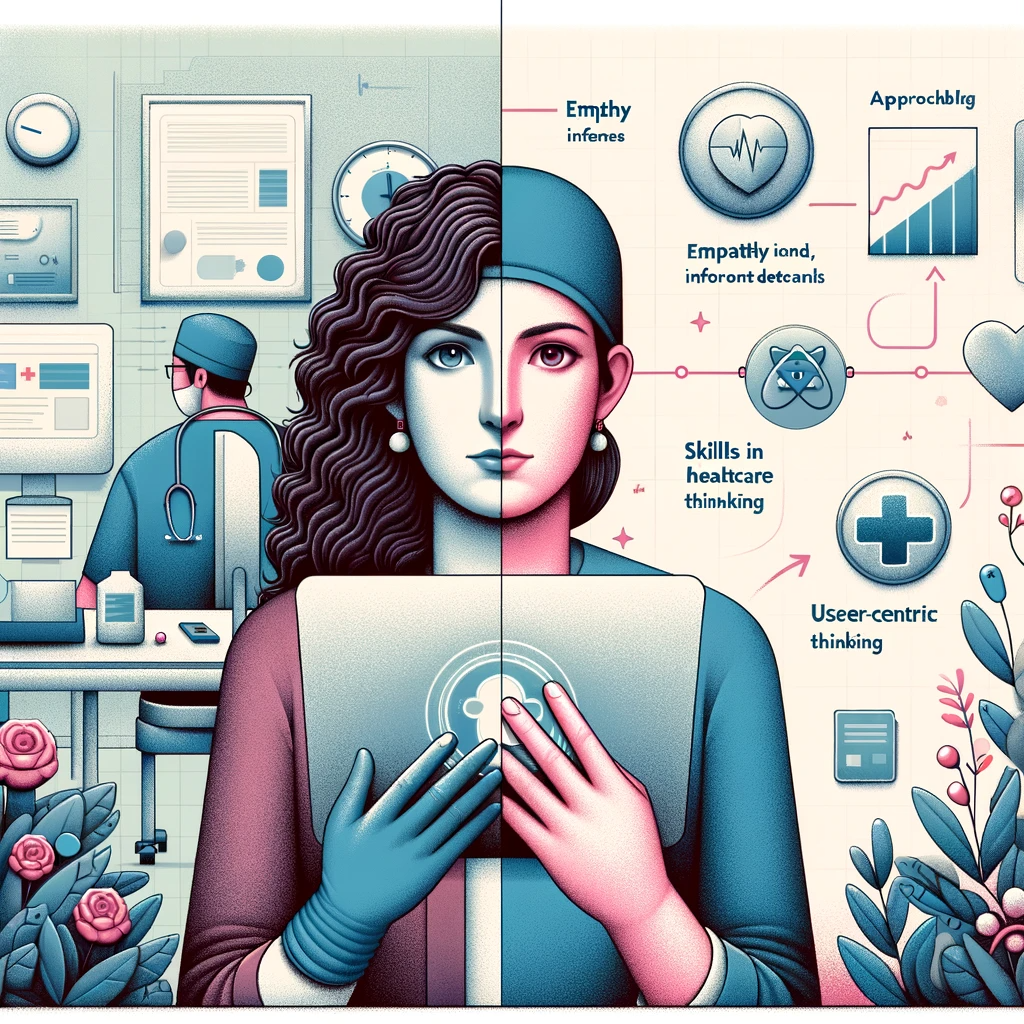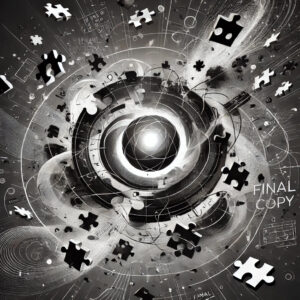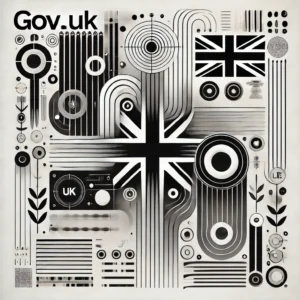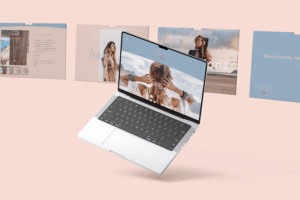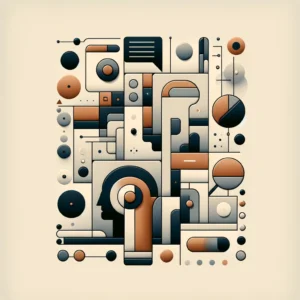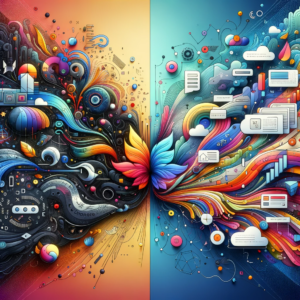It’s hard to find someone who’s traded in latex gloves for a laptop, hospital wards for wireframes, and patient charts for user personas. Yet, here I am, a former healthcare assistant turned UX designer, finding strange but profound connections between these two seemingly disparate worlds.
The Unlikely Path: From Healthcare to High-Tech
My journey began in the bustling corridors of a hospital during covid, a world where the scent of antiseptics hung heavily in the air and the sound of beeping monitors was a constant background symphony. I was already a Social and Cultural Anthropology graduate, yet somehow I had to pay the bills so I had to find a realistic plan B to get some money coming in. I should have been a doctor -according to my family- and always loved challenges; so I ended up certificating as a healthcare assistant in a very convoluted time.
There, long shifts were the norm, and my tasks ranged from the physically demanding to the emotionally draining. Each day brought its own set of challenges, whether it was assisting patients with basic needs, facing the raw emotions of families in distress, or coping with the loss of those under our care.
Empathy: The Common Thread
In UX design, empathy is not just a buzzword; it’s the cornerstone of creating meaningful user experiences. My time as a healthcare assistant was a masterclass in empathy. Witnessing suffering and death firsthand taught me to look beyond the surface, to understand the fears, needs, and desires of those around me. This ability to empathize deeply has been invaluable in UX design, allowing me to step into users’ shoes and see the world through their eyes, crafting interfaces that are not just visually appealing but also emotionally resonant.
Stress Management: Keeping Cool Under Pressure
Healthcare is an arena of high stakes and intense pressure, where split-second decisions can have life-altering consequences. Navigating this environment honed my ability to remain calm under pressure, a skill that has proved indispensable in the fast-paced, deadline-driven world of UX design. Whether it’s dealing with tight project timelines or balancing the often conflicting demands of stakeholders, my healthcare experience has equipped me with the resilience and composure to handle stress with grace.
Attention to Detail: The Devil in the Details
In healthcare, a minor oversight can have major repercussions. Also, I was in charge of making 32 beds every morning in less than 1 hour and leave no wrinkle in any of the sheets… This ingrained in me an acute attention to detail, an attribute that translates seamlessly into UX design. Crafting user experiences is all about the details –from the color of a CTA button to the placement of a navigation menu-. My background ensures that I approach each project with the meticulousness it deserves, sweating the small stuff to create experiences that are not just functional but also intuitive and engaging.
Communication: Bridging the Gap
As a healthcare assistant, I often found myself acting as a bridge between patients and medical staff, translating medical jargon into understandable language and vice versa. This ability to communicate complex information in a simple, clear manner is a superpower in the realm of UX design. Whether I’m presenting a design concept to a client or conducting user testing, my experience has taught me the art of effective communication – making sure the message isn’t just delivered, but also understood.
In Conclusion: A Journey of Unconventional Wisdom
As I reflect on my journey, it’s clear that my healthcare background has been a crucible, shaping skills and perspectives that are invaluable in the world of UX design. In both fields, at the heart of it all is the human experience – understanding it, enhancing it, and sometimes, just making it a little bit easier-. My past has not just prepared me for a career in UX design; it has enriched it, bringing a depth of understanding and a breadth of skills that continue to shape the way I approach my work.
In the end, whether it’s caring for patients or crafting user experiences, it’s all about making a difference, one human touch at a time.
It is not About Me, It is about You
But there’s a broader narrative here, one that transcends my personal story. It’s about the universality of certain skills and the fluidity of knowledge. My path underscores a fundamental truth: no matter where you start, the skills and experiences you gain can propel you forward in unexpected and fulfilling ways. The empathy, resilience, and communication skills honed in the wards of a hospital are not just relevant but pivotal in the realm of UX design.
This revelation holds a liberating promise for professionals everywhere. It encourages us to look at our past experiences not as detours or dead ends but as rich, formative chapters of a larger career narrative. Whether you’re a teacher looking to break into marketing, an engineer eyeing the creative arts, or a healthcare professional like me venturing into tech, the core skills you’ve developed along the way are your most valuable assets.

